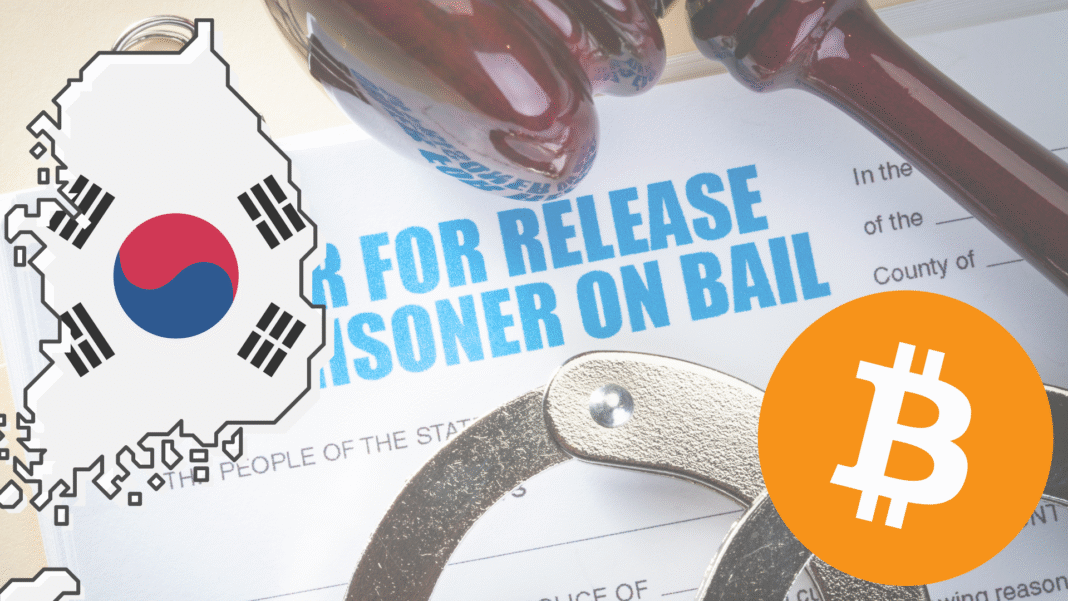The 14th Criminal Division of the Seoul Southern District Court has approved bail for the main suspect, A, and an accomplice, B, in a case of manipulating cryptocurrency prices.
This marks the first prosecution under the Virtual Asset User Protection Act since it went into full effect last July, the local news report said.
Arrest and Bail Decision
On May 28, members of the legal community reported that Judge Lee Jeong-hee accepted the bail request for A and B. These individuals were arrested and charged with violating the Virtual Asset User Protection Act.
Prosecutors allege that they inflated the trading volume of C Coin to drive up its market price, then sold coins they received from an overseas issuing foundation on a domestic exchange at a higher price.
Their indictment followed a fast-track investigation by the Financial Services Commission and Financial Supervisory Service in October of last year, with formal arrests made on January 3.
Details of the Alleged Scheme
According to prosecutors, A and B sold roughly 1.22 million C coins through a mix of real market orders and fake purchase orders. This effort was meant to create the illusion of high demand and push the price upward.
In doing so, investigators say, they reaped illicit gains worth about 7.1 billion won. Suspicious transactions were flagged by regulators, prompting a joint investigation that uncovered irregular trading patterns.
Prosecutors have already requested an arrest warrant for another accomplice, broker D, who is believed to have arranged the coin sales and has fled overseas.
Reactions from the Coin Industry
News of the bail decision has drawn criticism from some in the cryptocurrency sector. Industry insiders worry that releasing A and B could allow them to tamper with evidence or try new manipulation schemes.
They point to unlisted coins discovered on A’s personal computer and suspect that more tokens may have been moved to associates overseas before the arrests.
One insider noted that coins intended for listing on domestic exchanges might still be in A’s wallet or already transferred to collaborators abroad. The fact that broker D remains at large only heightens concerns about additional accomplices operating outside South Korea.
Defendants’ Denials
During a recent court session, A disputed the charges, claiming there is no clear proof that their trades directly affected C Coin’s market price. B, who was indicted as a co-conspirator, also denied any wrongdoing.
Both insist that their orders were legitimate and that no manipulation took place. Their attorneys argue that the prosecution cannot link each transaction to a deliberate attempt to mislead investors.
Other Legal Troubles in the Crypto World
This case is not the only legal battle tied to digital assets in South Korea. On May 15, actress Hwang Jung-eum appeared before the Jeju District Court on charges of embezzling about 4.3 billion won for crypto investments from a company she owned.
Prosecutors say she diverted those funds into cryptocurrency investments. Her trial underscores how digital tokens have become woven into various forms of financial crime.
As the first major enforcement action under the Virtual Asset User Protection Act, the C Coin manipulation case sets an important precedent for how regulators handle serious crypto-related offences.
Also Read: Bitcoin ETFs Win Backing from All Three Major South Korean Presidential Candidates


